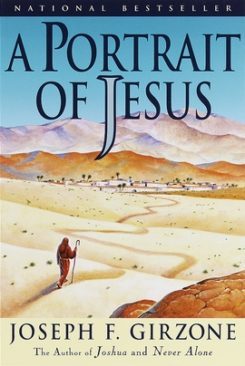Recently I read a priest’s description of his first experience in charge of a parish. It was in a town in the State of New York, USA during the early years after the 2nd Vatican Council.
Preparing for his assignment, he had been thinking how to exercise his new responsibility. He clearly realised many parishioners were already leaders in the community, some with their own businesses. What he noted was a large pool of experience in management. How to attract such people into operating parish committees, making decisions, and carrying them out? Also, was it possible to avoid being considered as the one person whom people expected would tell them what to do? He decided to call on all parishioners to oversee their own parish community themselves. To set up the parish in ways that would respond to the needs of the area.
Apparently, it was decided there would be a number of committees according to needs discerned by parish members. The committees did not meet in church grounds but in one another’s homes. He himself did not attend their meetings. Committee members were to make whatever decisions they felt were needed.
Chairpersons proposed by himself reported back to him what had been resolved. People were told he would rarely veto what they decided. He said in his narrative that over all the time he was there, he never vetoed any of their decisions, though he did make suggestions that he thought might be helpful.
Reflecting on the experience, the priest expressed his amazement at the maturity and conscientiousness of the people, accomplishing different kinds of remarkable things, some of which he went on to highlight. He concluded that although he had “turned the parish over to the parishioners”, he soon realised that he “had more authority than most pastors who hold tight reins”.
He said, “The people were so respectful of my concerns that they did nothing that would embarrass or offend me in any way. Besides, I was totally free to provide sound spiritual guidance to the people, bring Jesus to other parts of the community, and accomplish much more than if I insisted on micromanaging the parish.”
He wrote, “It was for me, a wonderful example of how respect for people’s freedom and people’s respect for the church’s authority could work so beautifully and productively together.”
- From the writings of Joseph F Girzone, in Chapter 10, “Freedom and Authority”, in his book “A Portrait of Jesus”, Pages 134-137, first published in USA by Doubleday 1998, in Australia by HarperCollinsReligious 1998.
Father Girzone left this life in 2015. There are many references to his work accessible through internet search engines. Here are two passages from the gospels that he chose to use in the chapter referenced above:

“You know, important people of this world love to lord it over their subjects and make their importance felt. It cannot be that way with you. Whoever wishes to be first among you must be willing to be the servant of all the rest.”
“You call me Lord and Master, and rightly so, for so I am. But if I as Lord and Master can kneel and wash your feet, so you should be willing to wash the feet of one another.”
Posted in A NEW PARISH thanks to a friend in Strathmore, Wellington, New Zealand.
With three books of Joseph F Girzone on his shelves he realised I would just love to read them.